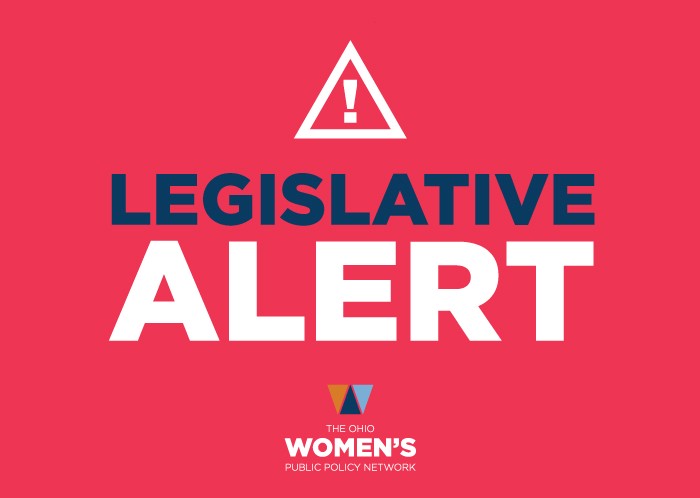Stay engaged, involved, and up-to-date: 07/30/2018 Weekly Review
Tuesday, August 7th, 2018

Stay engaged, involved, and up-to-date: In the weekly reviews from the Women’s Public Policy Network, we look back on last week’s highlights from the WPPN, share updates on bills affecting women that are moving at the Statehouse, showcase weekly news clips, and provide calls to action on bills pending in the Legislature. Sign up for our emails to receive these updates in your inbox every week!


Trump abortion ‘gag rule’ hurts AIDS fight, advocates say
NBC News, July 27, 2018
Opinion: Think Summer Child Care Is Tough? Low-Income Families Deal With That All Year
The New York Times, July 29, 2018
The Abortions We Don’t Talk About
Slate, July 29, 2018
Opinion: The Senate must prevent Kavanaugh’s nomination from corrupting the Supreme Court
The Washington Post, July 30, 2018
Three Children, Two Abortions
The Atlantic, July 31, 2018
An Ivanka Trump-Backed Paid Family Leave Plan Is About To Drop – And It’s Already Controversial
Bustle, August 1, 2018
For a number of Ohioans, a job doesn’t mean health insurance
The Columbus Dispatch, August 2, 2018
Opinion: Planned Parenthood belongs in federal Title X program
The Cincinnati Enquirer, August 5, 2018
A potentially pathbreaking local effort to unknot the ways of black infant mortality: editorial
The Cleveland Plain Dealer, August 5, 2018
New Campaign Raises Awareness of the Pay Gap for Black Women
Forbes, August 5, 2018

We will keep tracking any new updates and will be sharing timely legislative updates on women-centric legislation on Twitter using the #OHLeg hashtag. Follow us to stay up-to-date on what’s happening at the Statehouse.

